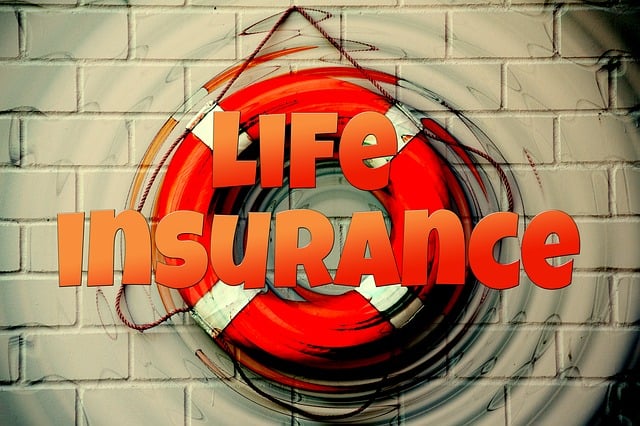Emotional and Financial Burden on Loved Ones
One of the most immediate and devastating consequences of skipping life insurance is the emotional and financial strain it places on your loved ones. Without a policy to provide a financial safety net, your family is left to navigate a challenging period of grief and financial instability.
Lack of a Financial Safety Net
Life insurance serves as a financial lifeline, ensuring your family can maintain their lifestyle after your passing. Without it, they may struggle to pay for everyday expenses like rent, groceries, or utility bills.
Emotional Toll
Financial stress often exacerbates the emotional grief of losing a loved one. Families may feel overwhelmed by the dual burden of managing their loss while scrambling to cover expenses.
Long-Term Family Instability
Without life insurance, families may be forced to make drastic changes, such as moving homes, switching schools, or taking on multiple jobs, disrupting their stability for years to come.
Uncovered Final Expenses
The cost of a funeral and burial can catch families off guard, averaging between $7,000 and $12,000. These expenses can quickly deplete savings, leaving families struggling to cover other bills.
Breakdown of Final Expenses
- Funeral and Burial Costs: Expenses include caskets, burial plots, and memorial services.
- Administrative Costs: Probate fees, estate taxes, and legal paperwork can add up.
- Hidden Costs: Travel expenses for relatives, headstones, and ongoing cemetery maintenance are often overlooked.
A life insurance policy can cover these costs, sparing your family from financial strain during an already difficult time.
Loss of Income Protection
For families relying on a primary earner, life insurance acts as a crucial replacement for lost income. Without it, the financial gap left behind can devastate a family’s future.
Examples of Struggles Without Income Protection
- A stay-at-home parent forced to enter the workforce, juggling childcare and a new job.
- Families unable to afford mortgage payments, resulting in foreclosure.
- Children’s education plans derailed due to lack of funding.
Life insurance provides a stable financial cushion, ensuring your family’s goals stay on track.
Impact on Long-Term Family Goals
Skipping life insurance puts critical family goals, such as education and retirement, at risk. For example:
- Children’s Education: College savings may need to be repurposed for everyday expenses.
- Retirement Plans: Surviving spouses may have to delay or forgo retirement to compensate for lost income.
- Asset Protection: Families may lose valuable assets, such as homes or vehicles, due to financial strain.
Life insurance protects these goals, ensuring your family’s future is secure, even in your absence.
Missed Opportunities for Financial Growth
Life insurance isn’t just about protecting your family; it can also be a tool for financial growth. Many policies offer features like cash value accumulation, which can be used during your lifetime.
Benefits of Financial Growth
- Cash Value Policies: Policies like whole life insurance build a cash value that grows over time and can be borrowed against.
- Wealth Transfer: A life insurance policy can help build generational wealth, leaving your family with a financial legacy.
Skipping life insurance means missing out on these opportunities for financial stability and growth.
Debt Passed Down to Heirs
When you pass away, your debts don’t disappear. Mortgages, car loans, and even credit card balances can become your family’s responsibility.
Key Consequences of Unpaid Debt
- Co-signers may be legally obligated to repay loans.
- Heirs might need to sell assets, such as homes, to settle outstanding debts.
- Debt can hinder your family’s ability to move forward financially.
A life insurance policy can eliminate this burden, ensuring your loved ones aren’t saddled with your financial obligations.












Write a comment